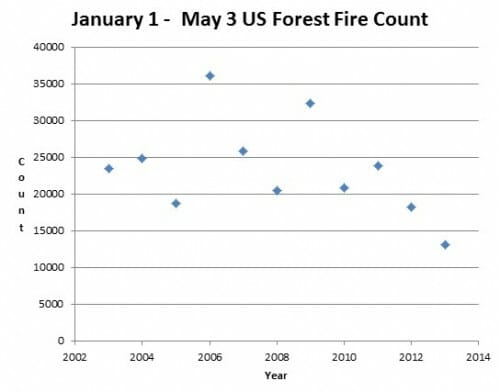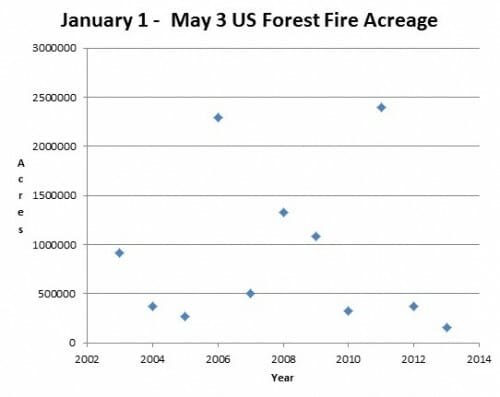California Housing Shortage
Perhaps the largest barrier to housing availability and affordability in places like California are permitting rules, land use restrictions, and construction codes that make it absurdly expensive, or even outright impossible, to construct new single or multi-family housing. Part of this is a conspiracy of current homeowners to protect and increase the value of their property -- after all, new home construction inevitably reduces their property value (or future escalation) by adding competing inventory and/or by creating congestion and loss of property-value-enhancing open space. Another part of this is "everything bagel liberalism" where every program has to achieve every Leftish goal -- eg we want new housing but it has to have solar and appliances with a minimum SEER and use recycled materials and have a certain number of units set aside for protected groups and create a conservation easement on part of the land, etc etc -- until even units that can get permitted are too expensive for all but the very wealthy.
But another barrier to housing availability and affordability that is less talked-about is the combination of rent control and tenant protections for existing housing stock. Alex Tabarrok links to a great video from a Santa Monica homeowner on why he would never rent his home given the local regulations. The key part is only a couple minutes and Tabarrok has done a fact check on most of the claims and found them to accurately represent local real estate law. If you are not a video person (I am not, as information density is often too low, Tabarrok summarizes the key points).
The narrator's proposed rent is clearly at the high end of the market, but all his arguments apply at least as well to less expensive rentals. As some of you know, in my former business life I operated campgrounds on public lands under a lease/concession arrangement with the public authority. Several of the larger campgrounds had sections that were basically trailer parks occupied by long-term residents rather than overnight visitors (It is a little known fact that many famous National Parks had these trailer villages -- we operated one of the last ones on NPS land at Lake Mohave). Some of these trailers were basically weekend homes for people living somewhere else, but many provided affordable living spaces in poorer rural communities.
All these same tenant laws in the linked article applied in these trailer parks, and management was a nightmare in California. Every tenant had a tenant-rights lawyer on speed dial and any effort to take the smallest action against them -- even enforcement of published rules -- often met with a legal rejoinder. But here is the ironic part -- the situation has become so hard to manage that several California county governments, themselves author of these very rules, were requiring us to slowly close down the residential parts of their campgrounds because the rules made operation impossible. And by slowly close down I mean sssslllllooooowwwllllyyyyyy -- closing down the trailer park is not considered proper cause for eviction, so the only way to clear it out is to, over a period of literally decades, wait for the tenants to die or move away. Even on Federal land, where state and local rules technically don't have to apply and one has the full power of the Federal government, the NPS gave trailer park residents 10-years notice the residential leases were going to end and they still have been in court having to fight for the change every one of those years.
Many people in California let their house sit empty rather than face these hassles, and it is completely understandable.




